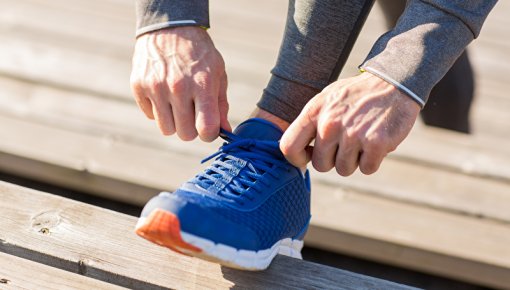Both sides of my heart are affected
Unfortunately, my heart attack wasn’t diagnosed until more than a week later because my symptoms weren’t typical and I hadn’t had any heart problems before. The only thing I had was a pain that kept bugging me at the top of my back and a feeling like I needed to belch.
It was a major heart attack. One of the three main vessels was blocked so there was no blood getting to the anterior wall and apex of my heart, and parts of my left ventricle.
That means my heart failure isn’t clearly on the left or the right, it’s on both sides. My heart doesn’t pump enough blood into my body or my lungs.
Luckily, it’s recovering really well though. At the last check-up, the cardiologist could see that it was already pumping much better than three months ago.

